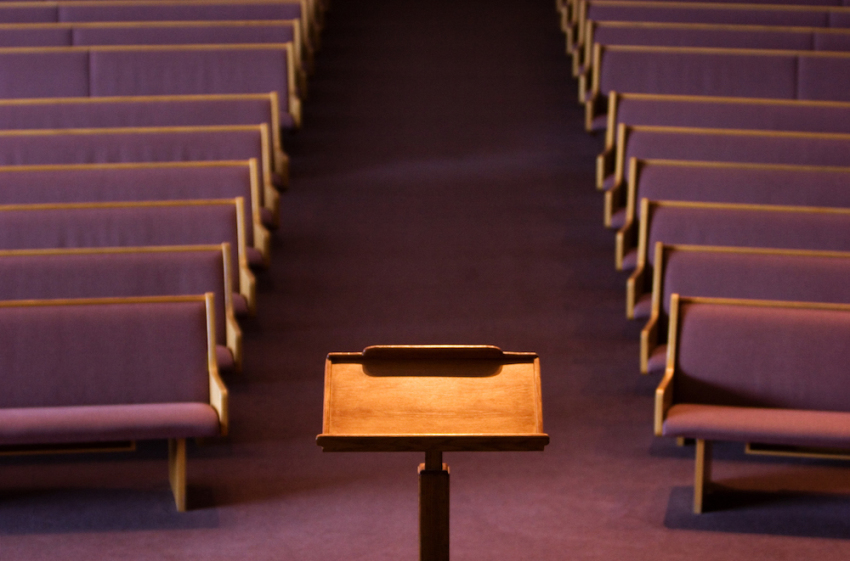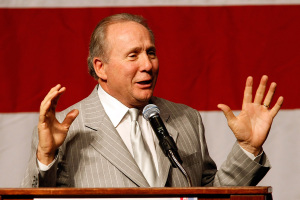Over half of pastors struggling with overwork, time management: survey

Pastors are called to shepherd their flocks, but many find they're sacrificing their personal needs to meet their ministry responsibilities, according to a recent survey.
The poll, conducted by Lifeway Research from March 30 to April 22, 2021, asked about 1,000 Protestant pastors from across the United States to identify the single greatest need in their personal lives.
Over half of pastors said time management and more than a third said finding a balance between work and home.
The "Greatest Needs of Pastors" study found 44 issues in all that pastors identified, broken down into the following categories: ministry difficulties, spiritual needs, mental challenges, personal life, self-care, people dynamics and areas of skill development. The survey had an error margin of plus or minus 3.1 percentage points.
Fifty-one percent said time management is one area that required their immediate attention or investment, while 43% cited a need to strike a balance between work and home.
Meanwhile, 29% of pastors said they need to pay more attention to their children, 26% need to pay more attention to their marriages, 23% said caring for aging parents, and 18% said financial stress.
One in six said they didn’t see a need to invest more time in any of those areas, according to Lifeway.
Scott McConnell, executive director of Lifeway Research, told The Christian Post the survey was not an assessment of which areas pastors say are important but which need attention right now in their lives.
“The study was asking a representative group of pastors to respond to many different aspects of ministry and their personal lives that need attention,” he said. “Each of these possible priorities came from other pastors and they were presented in the context of discerning which most need investment today.”
Most pastors, McConnell said, are not in the parenting life stage. Less than a third of pastors who took part in this study are ages 18-44, meaning the vast majority were either late in the parenting years or beyond them.
The burden of time management appears to fall significantly on those with smaller ministries. Pastors of churches with fewer than 50 in attendance are the most likely to say they most need to give attention to time management (39%) and least likely to say the balance between work and home (14%).
While they might spend much of their time ministering to others, pastors aren’t shy about acknowledging their own needs, with nine in 10 pointing to at least one self-care area as a personal need.
Another 14% say taking care of themselves is the most challenging for them personally.
Over half of all pastors surveyed said they have trouble making time to exercise consistently and avoid overworking and over-commitment. Just under half said eating right, taking time off from work and resting are all personal struggles.
McConnell said while the study did not ask pastors why they have these needs, it’s not uncommon for pastors to find it challenging to meet their diet and exercise goals.
“Congregations demand a lot of their pastors, and most pastors struggle to say no to additional work. That alone can make it hard to find the time for the self-care pastors need,” he said.
Age, church size and race also appear to be factors in pastors being overwhelmed.
Those with larger worship service attendance were significantly more likely to say they find avoiding over-commitment and overwork to be a challenge for them than pastors in churches with 50 or fewer attendees.
Pastors aged 55 and older are also more likely than their younger colleagues to say they face an ongoing illness, while African American pastors (63%) are more likely than white pastors (42%) to say consistently resting is an area of need for them.
McConnell says the findings might be surprising to those who sit in the pews every Sunday without peeking behind the ministry curtain.
“Many churchgoers have no idea what pastors and ministers do each week. Typically the last thing on their mind is what the Apostle Paul taught in Ephesians 4:12, that pastors and teachers are ‘to equip the saints for the work of ministry,'” he said.
“Instead of focusing on their own responsibility to build up the body of Christ, many expect the clergy to be doing the work and to be present every time the doors are open.”



























